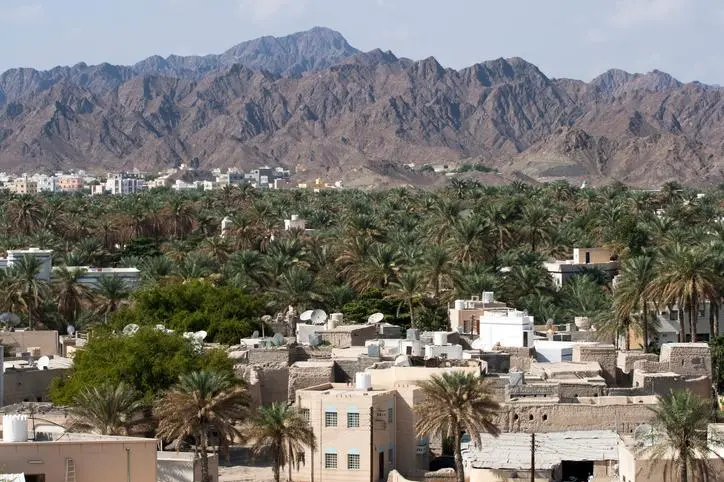PHOTO
Muscat: Dates production in Oman touched 396,775 tonnes in 2024, according to preliminary figures of the National Centre for Statistics and Information. This highlights the crucial role the date palms play in the local economy. Al Dakhiliyah Governorate ranked first in dates production in Oman, recording 70,604 tonnes, reflecting the widespread presence of palm farms in some wilayats such as Nizwa, Bahla and Manah.
Al Dhahirah Governorate followed with 66,421 tonnes, while Al Batinah South Governorate ranked third with 58,508 tonnes. Al Batinah North Governorate came fourth with a total of 55,487 tonnes.
Oman cultivates a wide variety of dates, with Khalas ranking first, accounting for 15 per cent of total production. This is followed by Naghal at 12 per cent and Fardh at 9 per cent, along with Khassab and Mabsili.
The average annual date consumption per person in Oman is estimated at 60 kg, thanks to the nutritional benefits of dates and the long harvest season. The fresh date season (Rutb) begins at the end of April and extends in some governorates until the first half of November, reflecting the country’s geographical and climatic diversity.
Date production is a key pillar of Oman’s agricultural economy, providing livelihoods for farmers and investors engaged in date-based industries, including the production of date syrup, jam, molasses and date powders. Omani dates are also highly regarded in both local and international markets, creating opportunities for expanding exports to regional and global markets.
Oman is actively working to develop the date sector through various strategic initiatives. One of the most prominent is the “One Million Palm Tree Project,” which aims to increase the number of date palms and enhance domestic production, contributing to food security and national economic growth.The Date Palm Research Centre plays a key role in advancing food and industrial research related to date products. Notable achievements include genetic fingerprinting studies of Omani date palm varieties, which help document and preserve these unique cultivars, ensuring sustained quality and production.
With Oman’s annual date production approaching 400,000 tons, enhancing supply chains, improving marketing and export strategies, and ensuring agricultural sustainability remain top priorities for relevant authorities. These efforts aim to maximise the economic benefits of this vital sector and strengthen Oman’s global presence in the date market.
2022 © All right reserved for Oman Establishment for Press, Publication and Advertising (OEPPA) Provided by SyndiGate Media Inc. (Syndigate.info).




















